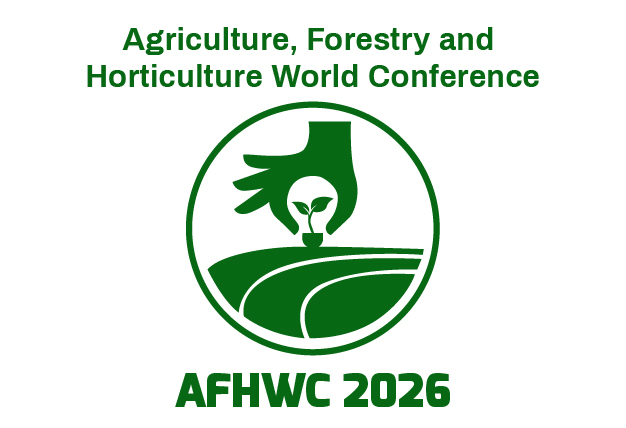Scientific Sessions
Organic Agriculture
Organic agriculture or organic farming is the branch of agriculture defined as an agricultural process that uses fertilizers and pest control made of biological products. Organic farming adheres to the principle of sustainability by avoiding synthetic products in agriculture or horticulture.
Organic agriculture offers several advantages over conventional farming, such as being economical, providing good returns, meeting high demands, having high nutritional value, and being environmentally friendly. The rising concerns about soil pollution by using synthetic chemicals in agriculture have driven the adoption of organic farming. There are two broad categories of organic cultures: integrated organic farming and pure organic farming. Organic farming also helps conserve the ecosystem and meets the growing demand for food globally.

